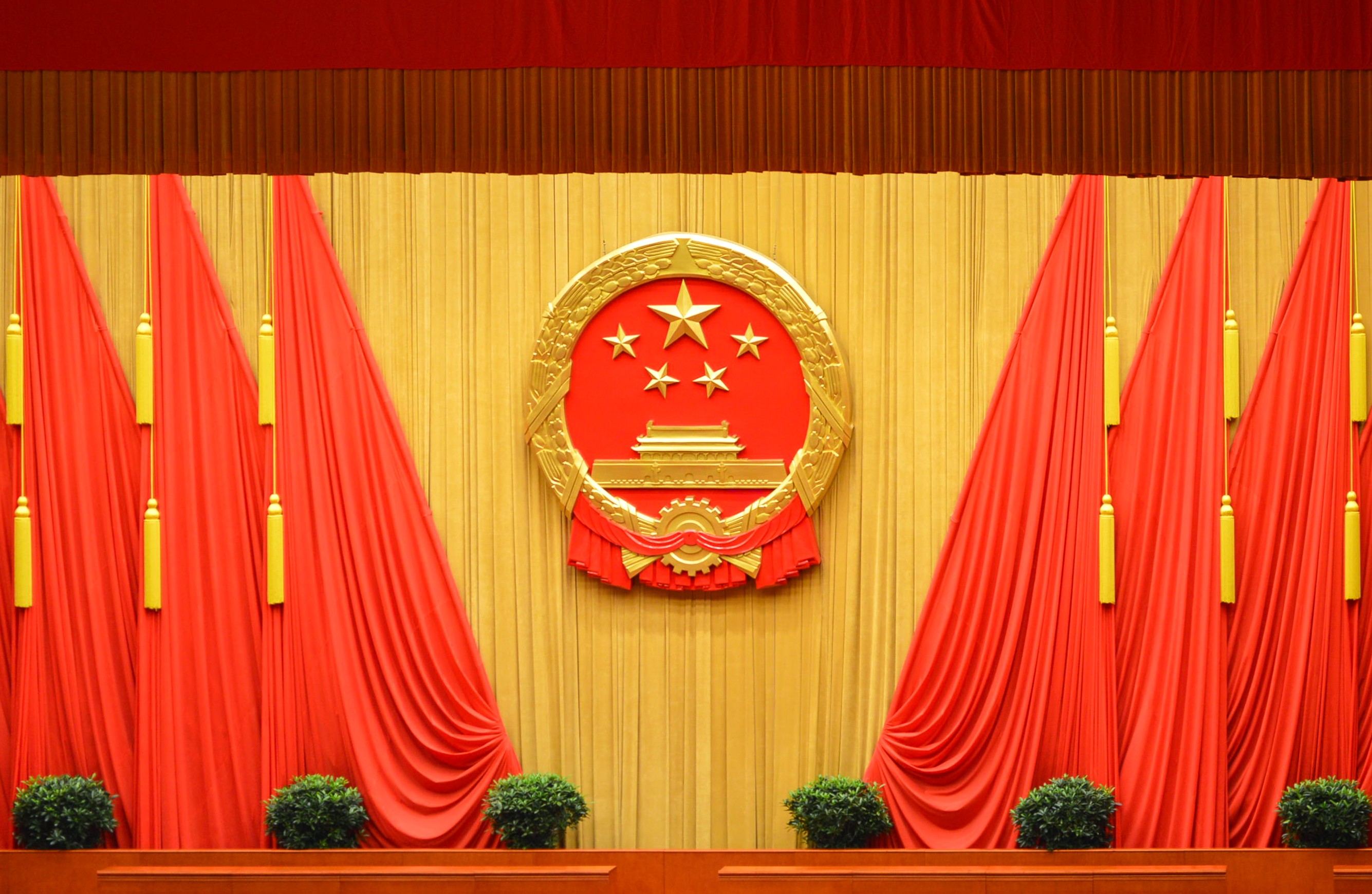The IPI global network expresses deep alarm over a recently adopted amendment to China’s counterespionage law, which could have far-reaching effects on press freedom in the country. The new, vaguely worded legislation creates greater uncertainties for foreign correspondents working in China, and further degrades China’s already oppressive media environment.
On July 1, changes to China’s strict Anti-Espionage Law, which were passed by China’s top legislative body in April, came into effect. The revisions significantly expand the definition of espionage – which is punishable by life imprisonment and even execution in extreme cases – giving the government wider latitude to define what constitutes a threat to national security. The new amendment also gives Beijing greater authority to impose exit bans on individuals, including foreign nationals.
Specifically, additions to the law prohibit the unauthorized possession of “documents, data, materials or items related to national security and interests”. Such an all-encompassing definition of espionage could give Chinese authorities massive leeway to criminalize the possession or spread of critical information at its discretion.
While it remains unclear how the changes to the law will be implemented and enforced, foreign correspondents operating in China have expressed alarm and concern over the revisions, fearing the new changes will make an already difficult job harder. Bans on obtaining information related to national security could complicate the work of newsgathering and source outreach. At the very least, the wide-reaching nature of the regulations may lead foreign journalists to self-censor in order to avoid running afoul of the Chinese government.
During a recent press conference, Mao Ning, a spokesperson for China’s Foreign Ministry, said, “there is no need to associate the counterespionage law with reporting activities of foreign journalists…As long as one abides by laws and regulations, there is no need to worry”. However, the deliberately vague wording of the law is a hallmark of the Chinese government’s attempts to stifle dissent, and has been used to prosecute foreign nationals as recently as May of this year.
China is well known as one of the world’s most restrictive media environments, in which domestic media are heavily censored. “The work of foreign reporters in China is crucial for providing the world a look inside the Chinese state,” IPI Director of Advocacy Amy Brouillette said. “The use of deliberately vague legal language and the weaponization of national security laws to restrict the work of independent media has become the hallmark tactic of authoritarian governments worldwide. China’s recent actions in this regard should raise alarm bells around the world.”
